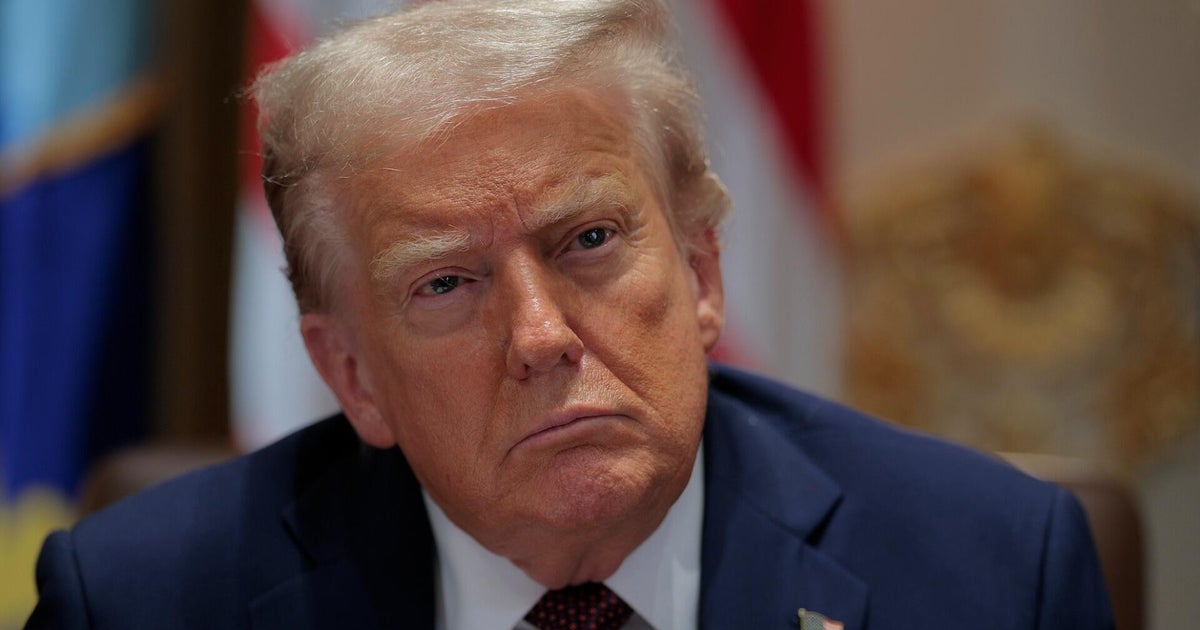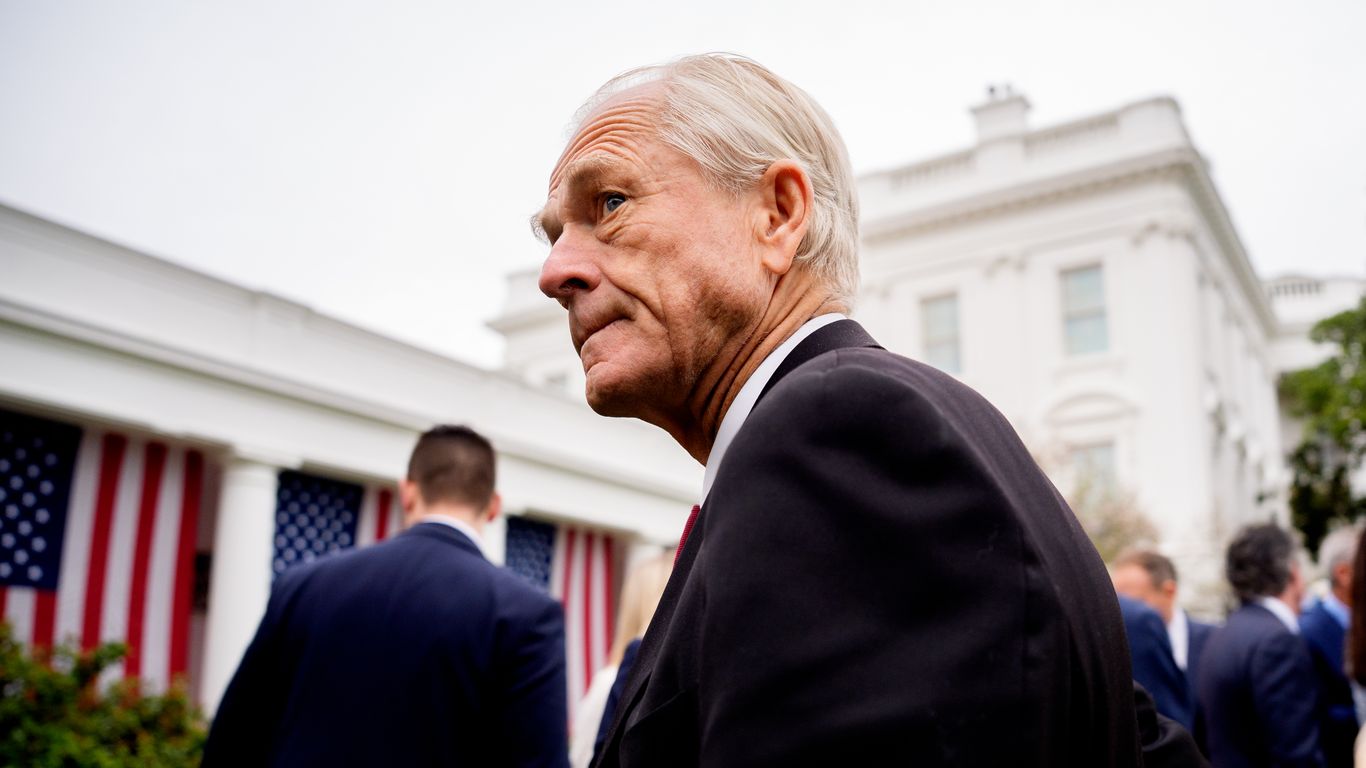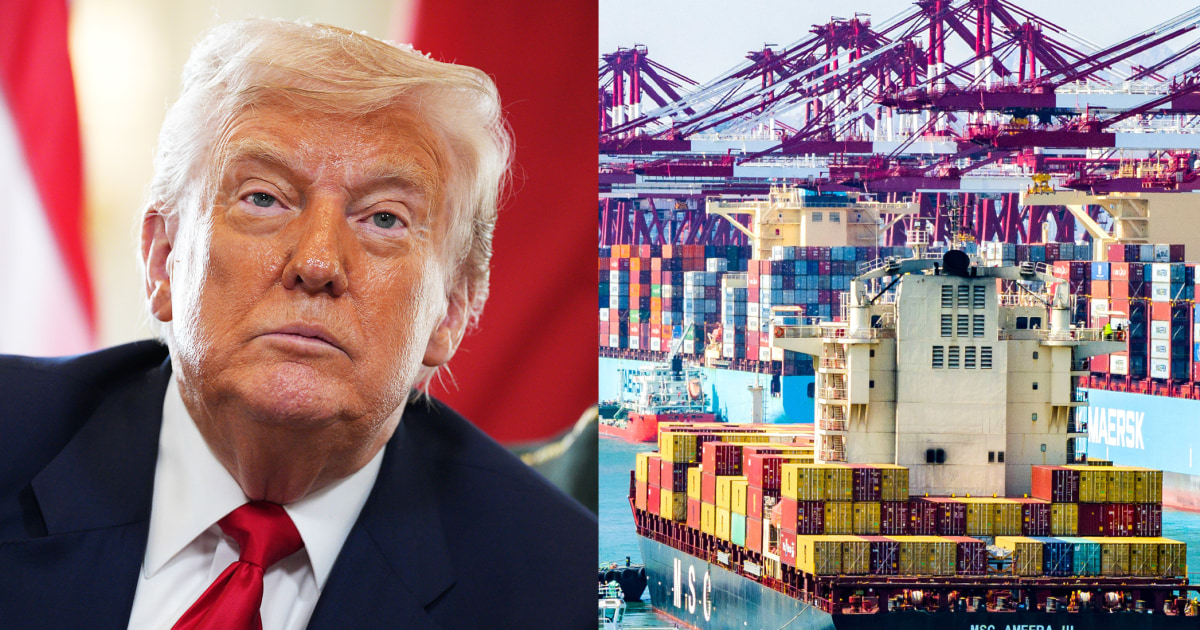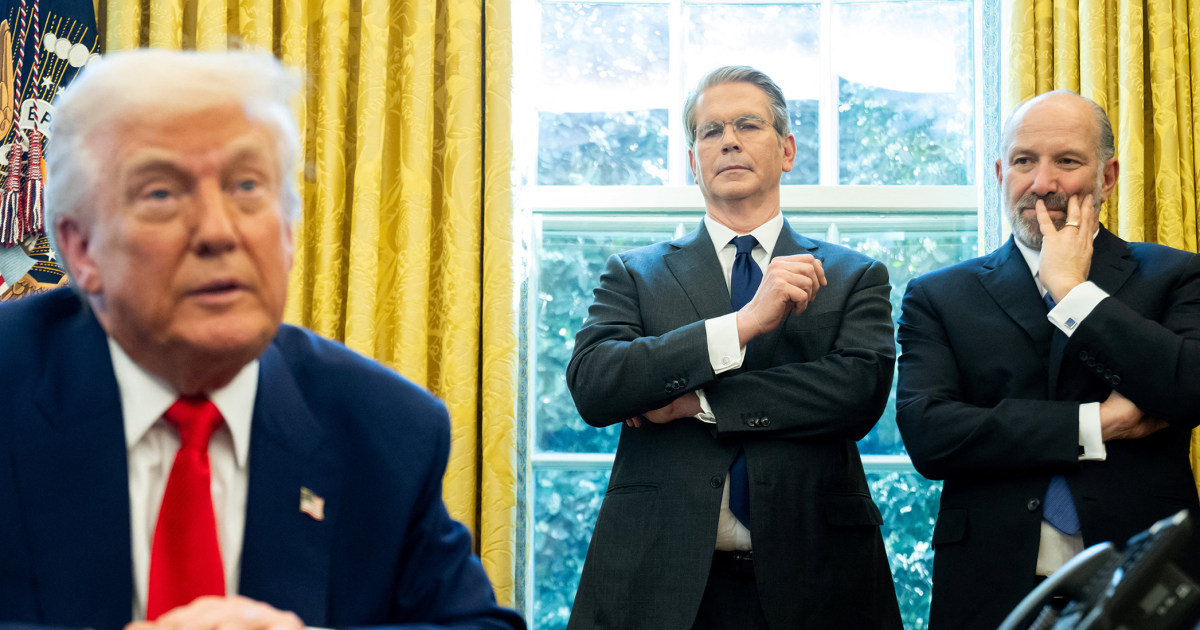Federal Court Limits Trump's Tariff Powers

Introduction
In a significant decision, a federal appeals court has ruled against President Trump's authority to impose sweeping tariffs without congressional approval. This ruling has thrown the administration's trade policies into uncertainty and raised questions about the extent of executive power. The court's decision is a major blow to the Trump administration, which has been using tariffs as a key tool in its trade negotiations and economic strategy.
Key Details
The ruling came in response to a challenge by a coalition of companies and trade groups arguing that the president's use of Section 232 of the Trade Expansion Act of 1962 to impose tariffs on imported steel and aluminum was unconstitutional. The court's decision not only limits the president's use of this power, but also calls into question the administration's use of tariffs in other areas, including ongoing trade negotiations with China.
Impact
With this decision, the Trump administration may be forced to work with Congress to implement any future trade policies involving tariffs. This could slow down the administration's ability to quickly respond to trade issues and may lead to more scrutiny and debate on the use of tariffs. Furthermore, the ruling has the potential to disrupt ongoing trade negotiations and could have a significant impact on industries that have been heavily impacted by the administration's trade policies.
About the Organizations Mentioned
Trump Administration
The **Trump Administration** refers to the executive branch of the United States government under President Donald J. Trump, covering two non-consecutive periods: his first term from 2017 to 2021 and his second term beginning in 2025. As an organization, it is responsible for executing federal laws, shaping public policy, and managing national affairs during its tenure. During the **first Trump Administration (2017–2021)**, the administration pursued a wide-ranging agenda focused on immigration reform, economic nationalism, deregulation, judiciary appointments, and foreign policy shifts. Key actions included building and expanding the U.S.-Mexico border wall—completing 458 miles by January 2021—and implementing strict immigration policies such as travel bans from several predominantly Muslim countries and rescinding the DAPA amnesty program[2]. The administration withdrew the U.S. from the Trans-Pacific Partnership trade deal, renegotiated NAFTA into the USMCA, and signed the "Buy American and Hire American" executive order to prioritize American workers[1][3][5]. Judicially, Trump appointed three Supreme Court justices—Neil Gorsuch, Brett Kavanaugh, and Amy Coney Barrett—significantly influencing the federal judiciary with over 200 judicial appointments[5]. The administration also focused on military expansion, combating ISIS, addressing the opioid crisis, and responding to the COVID-19 pandemic with vaccine development support[5]. Foreign policy was marked by controversial decisions including troop withdrawals from northern Syria, reinforced support for Saudi Arabia, and tensions with Iran and North Korea[4]. The administration faced two impeachments: first in 2019 over Ukraine dealings and again in 2021 following the January Capitol riot; Trump was acquitted by the Senate both times[4][5]. After losing the 2020 election, Trump returned for a **second term starting in 2025**, continuing his policy priorities with new regulatory changes and political appointments[6][8]. The Trump Administration


















